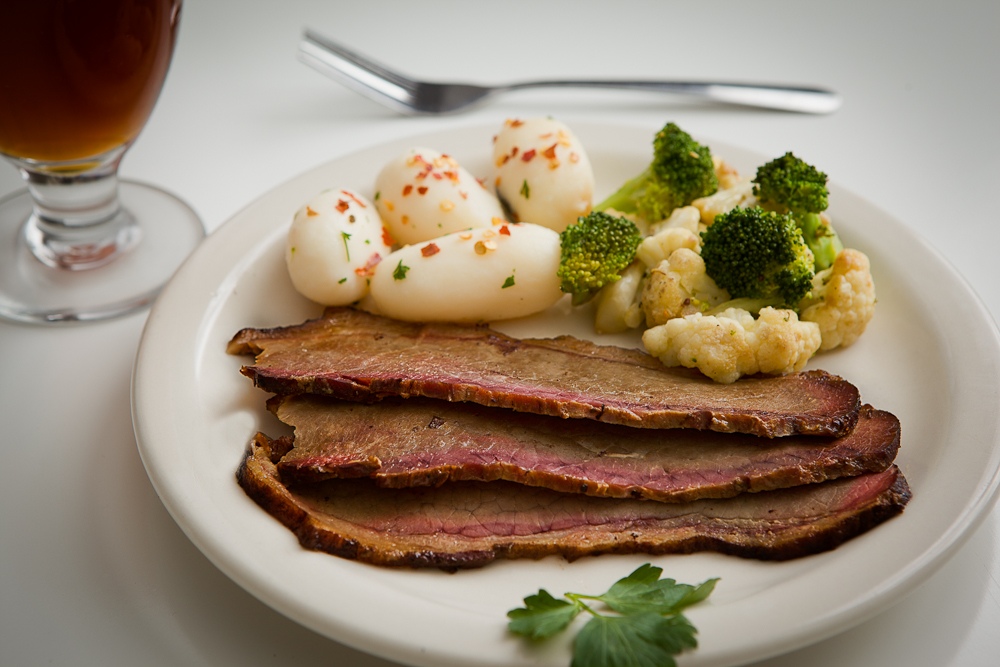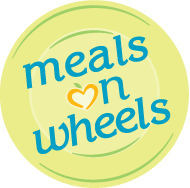Sidee loo maalgeliyaa Cuntada Lugaha Lugta?

Iyada oo Golaha Koongarasku ka doodayo biilalka miisaaniyadda iyo Sharci dejinta Minnesota oo dib u soo laabtay fadhigii, waa wakhti fiican oo la siin karo cusbooneysiin ku saabsan sida loo maalgeliyo Cuntooyinka Lugaha. Cuntada Lugaha waxaa lagu suurta galiyaa oo keliya iskudhafka gaarka ah ee maalgelinta dowladda, taageerada laga helo shakhsiyaadka ku deeqaya iyo mutadawiciinta bixiya cuntada.
Waa kuwan ilaha ugu waaweyn ee maal-galinta dowladda ee ka caawiya daboolidda qiimaha cuntada ee dadka u baahan:
Barnaamijyada ka-dhaafida Medicaid: Kani waa barnaamij ay maamusho gobolka Minnesota, kaas oo ku tiirsan maalgalinta Medicaid ee dawlada dhexe. Tani waa ilaha ugu weyn ee laga helo dhaqaalaha Cuntada Lugaha ee Magaalooyinka Mataanaha ah taas oo ay saameyn weyn ku yeelan karto jarista lacagta Medicaid. Deegaanka, ka dhaafitaannada Medicaid waxay daboolayaan qiimaha buuxa ee cuntada qiyaastii 50 boqolkiiba dadka cuntada qaata.
Maalgelinta federaalka ee nafaqada waayeelka: Dawladda federaalku waxay bixisaa dhaqaale loogu talagalay cunnooyinka guryaha lagu keeno iyadoo loo marayo barnaamijyada nafaqada ee Waayeelka Ameerika. Lacagtaan waxaa loo isticmaali karaa in lagu caawiyo daboolida kharashyada cuntada ee waayeelka dakhligoodu hooseeyo ee aan u qalmin ka-dhaafitaanka Medicaid. Degaan ahaan, maalgelinta Older Americans waxaa loo isticmaalaa in lagu kabo kharashka cuntada qiyaastii 13 boqolkiiba dadka cuntada qaata.
Maalgelinta kale ee federaalka: Cunnooyin badan oo ku saabsan barnaamijyada 'Wheels' ee ku baahsan waddanka oo dhan, oo ay ku jiraan qaar gudaha ah, waxay ku tiirsan yihiin Deeqaha Horumarinta Bulshada (CDBG) si ay uga caawiso inay ku shaqeeyaan barnaamijyadooda. Deeqahaani xannibaadda ah waxay sidoo kale maalgeliyaan barnaamijyo kale oo badan oo caawiya waayeelka ku nool saboolnimada. Barnaamijka Kaalmada Nafaqada ee Dheeriga ah (SNAP) sidoo kale waayeelka ayaa u isticmaali kara si ay uga caawiyaan daboolida qiimaha Cuntada Lugaha.
Waxaad waxbadan ka baran kartaa qaar ka mid ah arrimahan maalgelinta sheekadan KARE11, oo ka hadlaya Sen. Tina Smith oo cunno ku siineysa Wheels on South St. Paul.
Cunnooyinka Wheels waxay ku tiirsan yihiin taageerada bulshada, sidoo kale
Magaalooyinka Mataanaha ah, tabarucaadka shakhsiyaadka iyo sidoo kale tabarucaadka macmiilka ee kuwa awood u leh ayaa ka caawinaya hubinta in cuntada ay heli karaan dhammaan dadka u baahan. Barnaamij aan macaash doon ahayn, waxaan ku tiirsan nahay taageerada shakhsiyaadka iyo aasaaska hawl maalmeedka barnaamijyadeena.
Waxaa sidoo kale muhiim ah in la ogaado in inta cunnada la siinayo ay taageerto barnaamijyada dowladda ee loogu talagalay shakhsiyaadka buuxiya shuruudaha qaarkood, Cunnada la siiyaa waxay u adeegtaa dadka ka kala yimid dhammaan heerarka kala duwan iyo heerarka dakhliga. Haddii aad ka faa'iideysan karto cunnooyinka hadda diyaarsan, ee nafaqada leh iska qor khadka ama naga soo wac lambarka 612-623-3363.
Ma is weydiisay sida aad u caawin karto? Waa kuwan afar dariiqo oo sahlan:
La soco: Saxiix wargeyskeena elektaroonigga ah ee billaha ah si aad u hesho warar joogto ah.
La xiriir saraakiisha aad dooratay oo ogeysii in dhowrista maalgelinta Cunnooyinka Lugaha la dhigaa ay muhiim u tahay caawinta waayeelka si madaxbannaan. Qiyaasta qiyaasta Cuntada Lugaha waa $6 maalinti marka celceliska qiimaha sanadlaha ah ee ku noolaanshaha guriga xanaanada ee Minnesota uu yahay $90,000. Halkan ka ogow cidda ku metelaysa.
Iskaa wax u qabso Maalin kasta, in ka badan 400 oo mutadawiciin ah ayaa loo baahan yahay si ay cuntada u geliyaan gacmaha dadka wax qaata. Hadaadan waligaa waligaa tabaruce sameyn kahor, waad tijaabin kartaa adigoo raacaya qof leh waxqabad! Waxbadan ka baro tabarucida.
Deeq: Hadafkeenu waa inaan gacan ka geysano sidii loo hubin lahaa in qof kasta oo u baahan raashin uu awoodo inuu helo oo baahida marwalba way jirtaa. Halkan guji si aad ugu tabarucdo

